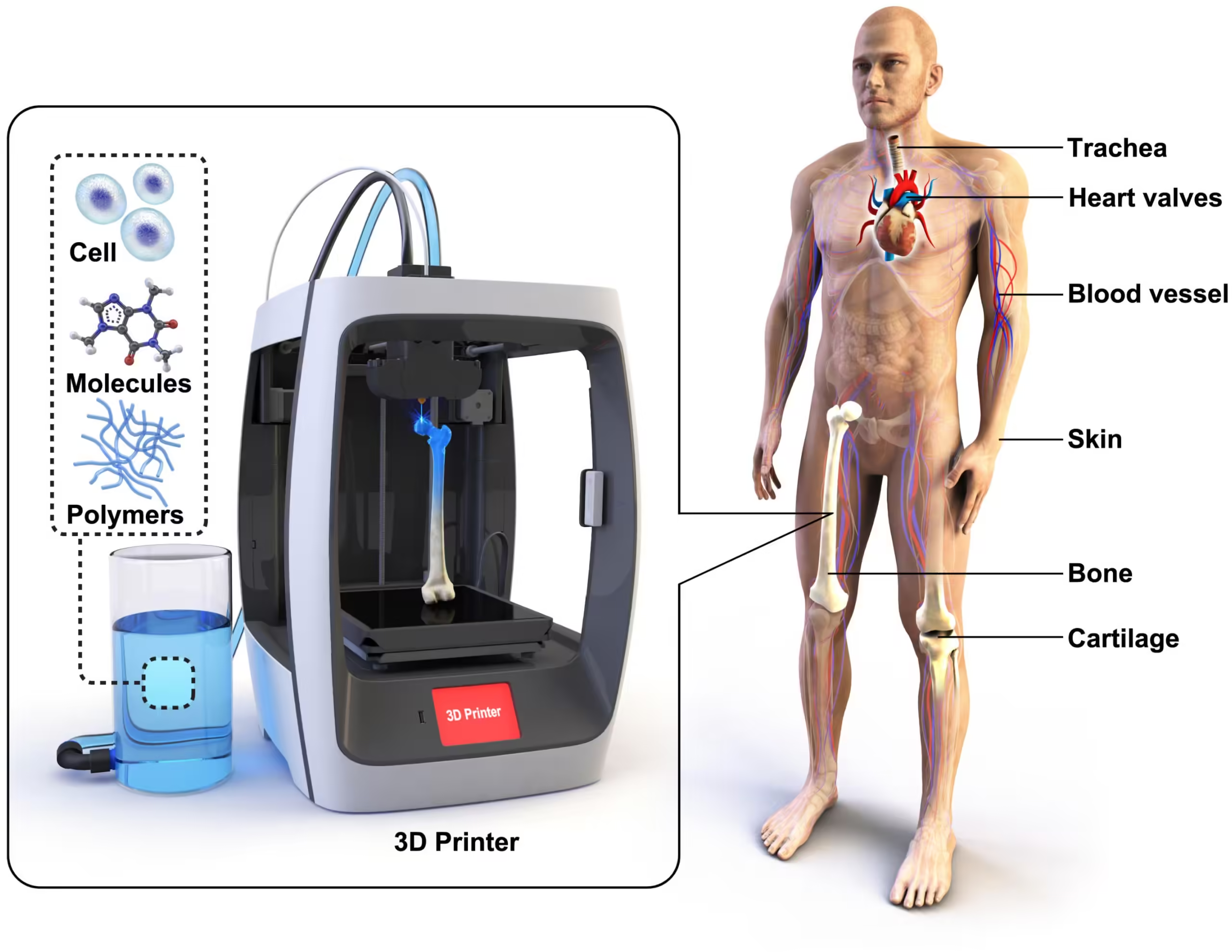Inflammation is a fundamental physiological response that occurs when any part of the body or tissue is damaged or injured. This process has evolved through various stages as a defense mechanism, protecting the body from infections and injuries. Traditionally, inflammation is identified by signs such as redness, heat, swelling, and pain. These symptoms result from the dilation of small blood vessels in the injured area, increasing blood flow and causing the characteristic redness and warmth. Swelling occurs as defense cells move out of the blood vessels to the injury site, combating any bacteria or infectious agents that may be present.
The process of inflammation can sometimes last for days or even longer, potentially leading to other complications such as rashes. Contemporary research has shown that inflammation is a complex and crucial immune response to tissue damage and infection. There are two main types of inflammation: acute (short-term) and chronic (long-lasting). Acute inflammation is a beneficial response that helps in fighting infections and healing injuries. In contrast, chronic inflammation, which persists for weeks, months, or even years, can contribute to various diseases.
Types of Inflammation
- Acute Inflammation:
- Duration: Typically lasts for a few days to a couple of weeks.
- Signs: Redness, heat, swelling, and pain.
- Function: Helps in healing wounds and fighting bacterial infections.
- Chronic Inflammation:
- Duration: Lasts for months or years.
- Characteristics: Persistent and abnormal immune response.
- Associated Diseases: Arthritis, inflammatory bowel disease, psoriasis, atherosclerosis, and more.
Causes and Factors of Chronic Inflammation
Chronic inflammation can be triggered by various factors, including age, gender, diet, obesity, and smoking. Additionally, prolonged stress, environmental pollution, lack of physical activity, insufficient sleep, and chronic illnesses also contribute to chronic inflammation. Unlike acute inflammation, chronic inflammation is harmful and can lead to significant health issues.
Research and Detection
Chronic inflammation is a subject of extensive research in fields like immunology, molecular biology, and medicine. Scientists are investigating the role of inflammatory molecules and their interactions with body tissues and cells. They are also exploring autoimmune diseases, where the body’s immune system attacks its own tissues, and the relationship between inflammation and various health conditions such as cancer and cardiovascular diseases.
To detect chronic inflammation, biomarkers are crucial. Biomarkers are measurable molecules that indicate the presence and extent of inflammation. Key biomarkers for chronic inflammation include:
- C-Reactive Protein (CRP): Elevated levels indicate systemic inflammation and are commonly used to assess the risk of cardiovascular diseases and other inflammatory conditions.
- Erythrocyte Sedimentation Rate (ESR): Measures how quickly red blood cells settle at the bottom of a test tube, indicating inflammation.
- Cytokines: Proteins like interleukin-6 (IL-6) and tumor necrosis factor-alpha (TNF-α) that signal immune responses and inflammation.
- Other Proteins: Procalcitonin, calprotectin, and lactoferrin are also used to detect and monitor inflammation.
Clinical Implications
Doctors use these biomarkers to diagnose chronic inflammation, guide treatment decisions, and monitor disease progression. It’s essential to consider the clinical context when interpreting these biomarkers, as no single biomarker is specific for chronic inflammation. A comprehensive approach, including medical history and clinical symptoms, is necessary for accurate diagnosis and effective treatment.
Health Implications and Treatments
Chronic inflammation is linked to numerous diseases such as cardiovascular diseases, diabetes, and mental health disorders. It also plays a role in conditions associated with aging. For instance, obesity can cause inflammation in fat storage cells, while mental stress can trigger brain changes leading to chronic inflammation. Environmental factors like air pollution and toxins further exacerbate this condition.
Effective management of chronic inflammation involves lifestyle changes, medications, and sometimes targeted therapies. Treatments are tailored to the underlying cause of the inflammation and the affected body systems. Lifestyle changes such as a balanced diet, regular exercise, adequate sleep, and stress management are critical in reducing chronic inflammation.
Inflammation is a complex and essential immune response that protects the body from harm. While acute inflammation is beneficial, chronic inflammation can lead to severe health problems. Understanding the mechanisms, causes, and biomarkers of inflammation is vital for diagnosis and treatment. Ongoing research continues to uncover new insights into the relationship between inflammation and various diseases, paving the way for improved therapeutic strategies.



